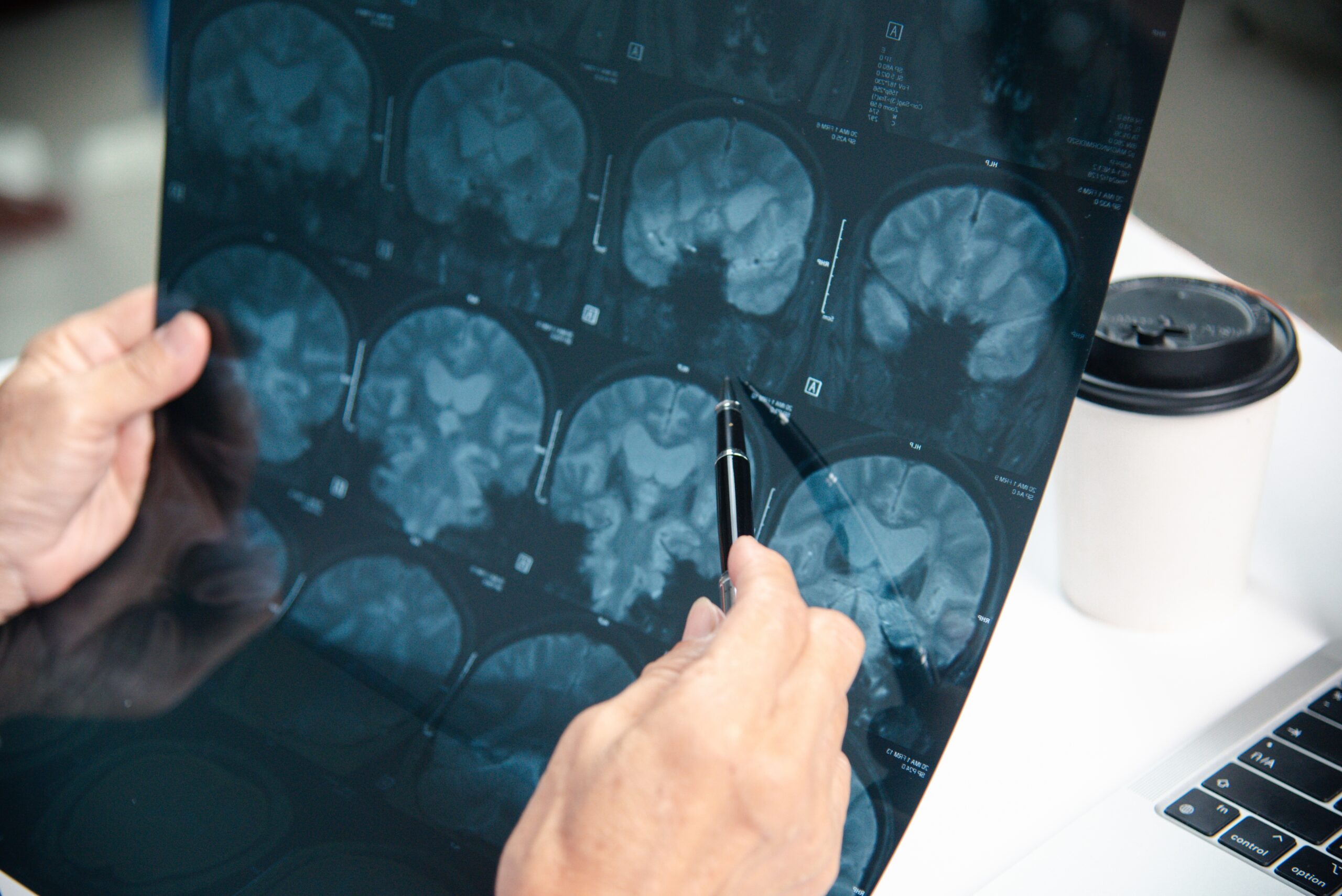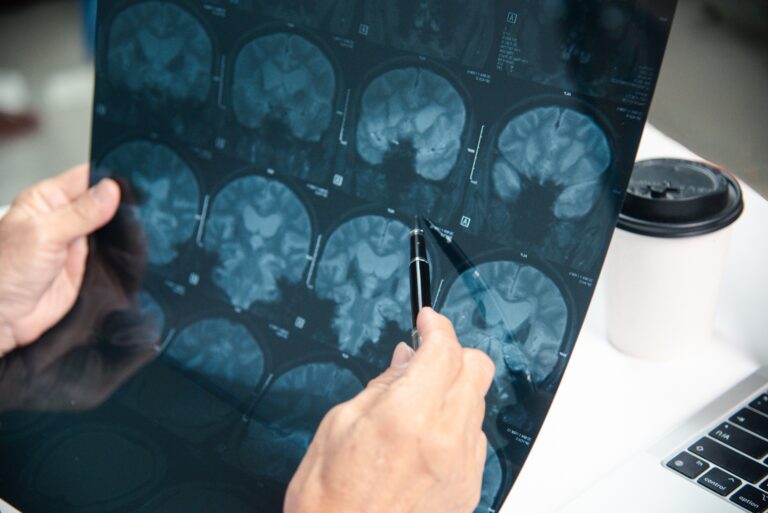
Understanding Liability: From Negligence to Strict Liability
June 21, 2025
Comprehensive Guide to Auto Insurance Liability and Claims
June 24, 2025
Understanding Brain Injuries After an Accident

If you’ve been injured in a car crash or a workplace accident, one of the most daunting consequences you could face is a brain injury. Brain injuries vary from mild to serious or even life-threatening. Some injuries may heal within a few weeks or months, while others can have long-term repercussions like cognitive impairments and diminished quality of life. Since brain injury symptoms aren’t always visible or obvious, it is important to seek medical attention as quickly as possible after an accident. A medical professional will be able to provide a diagnosis and a recovery plan for you to follow. Prompt treatment of head trauma is the best way to prevent permanent damage.
Types of Brain Injuries
Concussions
Concussions are one of the most common traumatic brain injuries. They are caused by impacts to the head or rapid jerking of the body that causes the brain to bounce back and forth in the skull. This can result in serious brain bruising.
Edema (Brain Swelling)
Edema is the swelling of the brain that can occur because of a traumatic brain injury. Since the skull cannot expand to fit the swelling, edema can result in the brain being subjected to dangerous pressure that may cause lasting damage.
Hematoma (Blood Clot in the Brain)
A hematoma is a buildup of blood in the skull. It can result from trauma like a car accident or hitting one’s head in a slip and fall.
Skull Fracture
A skull fracture can occur when an object hits the skull with powerful force. This could result from being hit with an object, falling and hitting the ground, injuring the head in a motor vehicle accident or any other type of severe trauma.
Anoxic Brain Injury (Oxygen Deprivation)
An anoxic brain injury happens when part of the brain is deprived of oxygen. Potential causes of this brain injury include cardiac arrest, near drowning and carbon monoxide poisoning.
Signs and Symptoms of a Concussion
Concussions are mild traumatic brain injuries that may take hours or even days to manifest. If you’ve been in an accident and suffered a blow to your head, seek immediate medical attention to rule out a concussion or undergo treatment before your symptoms get worse. Brain injuries can be tricky to detect because they don’t always show obvious or visible physical symptoms. However, some signs and behaviors that may indicate a potential brain injury include loss of consciousness, dizziness, confusion, irritability, memory loss, sensitivity to light, and persistent headaches. If you’ve suffered a recent injury, pay close attention to how you feel and the symptoms you’re experiencing.
Nausea and Vomiting
Sudden dizziness, nausea and vomiting are all telltale signs of a concussion. If your nausea persists and you can’t seem to hold down any food, it may be time to go to the hospital.
Persistent Headaches
Occasional mild headaches are nothing out of the ordinary. Persistent headaches after hitting your head during an auto accident or slip and fall are another matter. If the headache lingers days after your accident, it could be linked to the head trauma you suffered.
Memory Loss
Having trouble remembering things, retaining new information or having false memories are all signs of a potential concussion.
Cognitive Issues (Thinking and Speech)
You may feel like you’re no longer able to solve problems at work or school or struggle to carry a meaningful conversation. Concussions may cause your speech to become slurred, and you may be overcome by brain fog.
Emotional and Behavioral Changes
You may suddenly find yourself overwhelmed with strong emotions, like anger, sadness or anxiety. Family and friends may notice your behavior is out of the ordinary and your emotions are not aligned with your normal personality.
Vision Problems
A blow to your head may result in blurred vision, visual illusions and difficulties distinguishing colors and objects.
Fatigue and Low Energy
This symptom is often misinterpreted as a side effect of your accident-induced adrenaline rush. However, chronic fatigue that interferes with your daily activities is a common symptom of a concussion.
What to Do After a Head Injury
Whether you’re suffering physical or mental symptoms or are asymptomatic, you should seek medical attention as soon as you suffer any head impact during an accident. The sooner you are examined, the sooner treatment can begin, which can lead to fewer long-term issues. Make sure to keep all documents pertaining to your injuries, including treatment plans, prescriptions and medical bills. They will come in handy when you file an insurance claim.
Long-Term Consequences of a Brain Injury
A brain injury, especially one that’s left untreated, can lead to cognitive decline, personality changes and the inability to work and earn a living. You may suffer from chronic headaches or seizures which could make caring for your children or assisting around the house especially difficult. You may have ongoing medical care costs and experience a significant decline in the quality and enjoyment of your life.
The Financial Impact of Brain Injuries
Treatment Costs and Ongoing Care
Brain injuries can be particularly expensive to treat. Recovery might include a combination of long-term and costly speech, occupational and physical therapy. Unfortunately, insurance companies are slow to pay these types of costs and often attempt to fight catastrophic injury cases.
How a Personal Injury Lawyer Can Help
One of the fundamental roles personal injury attorneys play in the legal system is helping injured people get compensated for ongoing medical expenses. A personal injury lawyer will fight for you to get the compensation you rightfully deserve.

